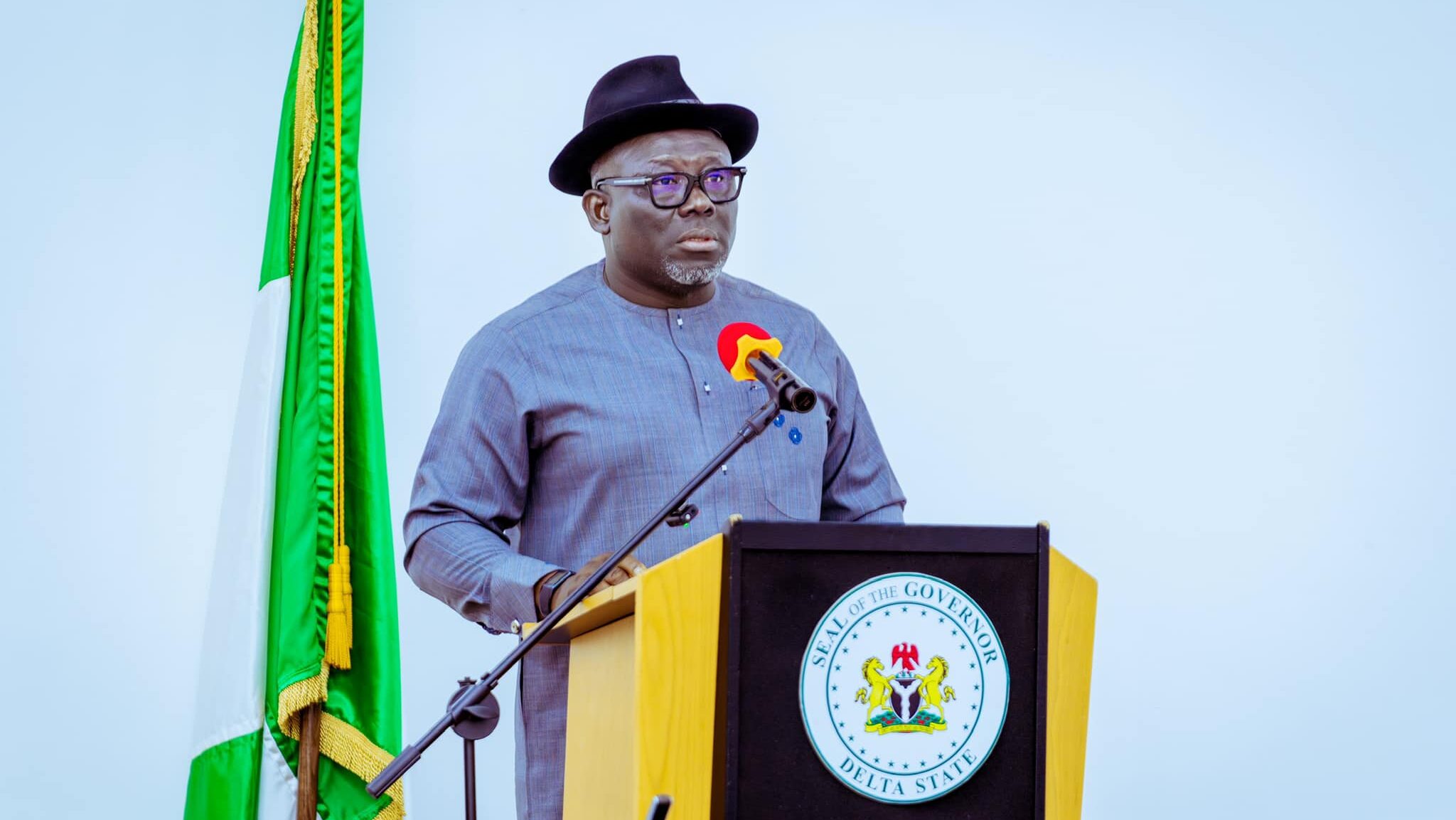The Arewa Consultative Forum (ACF), Kano State Chapter, has submitted a memorandum to the National Constitutional Review Committee calling for salient restructuring of the country’s constitution to promote good governance and inclusive development.
At the Zonal Public Hearing for North-west held in Kano, Chairman, ACF, Kano State Chapter, Goni Faruk Umar submitted the memorandum to the Deputy Senate President, Senator Barau Jibrin.
Umar said the memorandum articulated key areas of concern and corresponding recommendations for the ongoing review of the 1999 Constitution of the Federal Republic of Nigeria.
According to him, the memorandum encapsulated the collective aspirations, informed viewpoints, and strategic reflections of a broad spectrum of stakeholders across Kano State and Northern Nigeria.
“It is a product of inclusive consultations and deliberations, carefully distilled to present our position on critical national imperatives.”
“These include: equitable resource control and revenue allocation, enhanced local government autonomy, restructured security architecture, constitutional recognition of traditional institutions, a citizenship-based approach to residency rights, power devolution within the federal structure, robust electoral reforms, and inclusive governance mechanisms that guarantee meaningful representation of youth and women,” Umar said.
He noted that the present constitutional reform exercise offers a rare opportunity to recalibrate Nigeria’s federal structure and governance systems towards justice, equity, national unity, and sustainable development.
“This refined memorandum represents the collective voice of Kano State stakeholders including traditional leaders, civil society, academic experts, women, youth groups, and professionals engaged during extensive consultations across all the 44 Local Government Areas (LGAs) of Kano State. It aligns seamlessly with broader Northern Nigeria consensus-building efforts and reflects current policy discourse emerging from zonal hearings and regional memoranda validated at Kaduna and other centres,” Umar said.
In the memorandum signed by Umar and ACF Kano State Chapter Secretary, Dr Muhammad Mustapha, ACF Kano endorsed the North-west’s call to reduce the federal revenue share from 52.68 per cent to approximately 40 per cent, increasing state allocations to 35 per cent and local governments to 25 per cent, to promote fiscal justice and sub-national empowerment beyond oil-producing States.
The group supported call for a revised derivation model that recognizes agricultural and solid mineral contributions beyond oil-producing states.
ACF Kano also advocated constitutional amendments to Sections 2(2), 7, and 162(5) guaranteeing complete local governments autonomy, preventing misuse of Local Governments funds, and eliminating caretaker appointments, while calling for mandatory periodic democratic elections at local government level as elected councils are fundamental to grassroots deocracy.
The group called for inclusion of state police provisions, a state police council, and state police service commission under concurrent jurisdiction.
ACF Kano recommended: “Multi-tiered security architecture, incorporating community policing and formal support for Hisbah, Civilian JTF, and vigilante groups. Highlight the NSGF and Traditional Rulers’ Council’s call to fast-track state police legislation based on pressing security imperatives. Kano backed political recognition for regional security structures like Hisbah and community policing under formal frameworks.
“Constitutional recognition of traditional leaders as advisory partners, cultural custodians, and conflict mediators that will benefit all. Recommend establishment of a National Council of Traditional Rulers, shielded from political influence and integrated into federal decision-making. Our recommendation aligns with this regional vision.”
In the area of citizenship, residency and indignity, the ACF Kano Chapter supported abolition of indigene-settler dichotomy and establishment of a citizenship-based residency model with equal rights to education, jobs, property access, and political participation.
Under education and quota system, the group endorsed retention of the Federal Character Principle while introducing performance-based incentives to uplift under-served educational zones regionally.
The group supported religious and cultural autonomy by seeking explicit constitutional safeguarding for Sharia and customary legal systems where applicable, with clearly defined jurisdictional boundaries vis-à-vis federal law.
“Consistent with the Kano delegation, zonal hearings across Northern Nigeria advocated for clearer constitutional guarantees around sharia and customary courts, especially in personal matters, alongside federal override boundaries,” ACF Kano stated.
The group’s memorandum also aligned with Northern demand to transfer select concurrent items from the Exclusive List, enabling stronger state oversight. These included clearer delineation of responsibilities among federal, state, and local tiers to enhance accountability and service delivery.
The group called for electoral reforms including electronic voting and digital result transmission, recognition of independent candidates, and strict rules on campaign finance transparency.
The group recommended constitutional quotas for women and youth, with embedded affirmative action policies in governance, legislature, and public service.
According to the group, in line with broader Northern submissions, there should be constitutional guarantees for youth and women including affirmative action quotas and legislative measures for inclusion.
“The ACF Kano State Chapter submits this memorandum as a strategic blueprint combining local aspirations with regional consensus in Northern Nigeria. We remain committed to sustained engagement through hearings and legislative advocacy, and urge the National Constitutional Review Committee to adopt these proposals to create a more just, inclusive, and resilient democratic framework,” ACF Kano stated.


